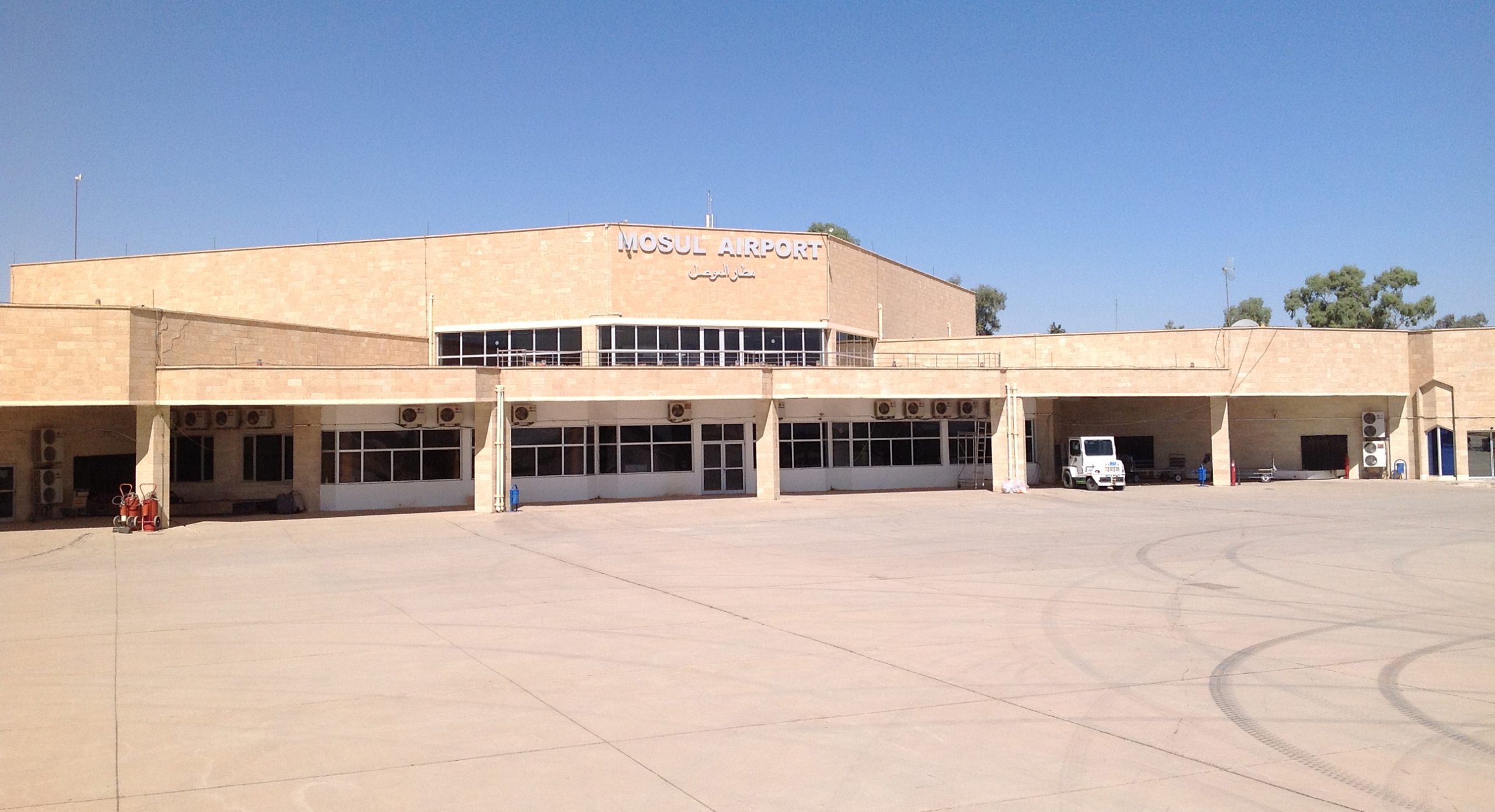The winning bids from both TAF (Turkish Airports Management) and 77 INSAT to operate and reconstruct the Mosul airport for 185 million dollars over a span of 18 months are indicators that even though there are differences between the Iraqi and Turkish governments, bilateral relations remain unaffected at the strategic level. Turkey appears keen to preserve Iraq’s stability and unity. Moreover, the neutral Turkish stance towards the political crisis in Iraq has helped to restore trust between the two countries. Winning the bids regarding the Mosul airport makes Turkiye an important player in the Iraqi equation, and statements by Iraqi officials reflect a hope it can play a role in containing Irani influence in Iraq.
It is noteworthy that Turkish companies succeeded in winning these bids, despite growing anti-Turkish sentiment in Iraq, reflected in the unprecedented the rocket attack against the Turkish consulate in Mosul. This came on the heels of an attack on the Zakho tourist resort of Dahouk in the Kurdistan province on the 20th of July, attributed by the Iraqis to Turkiye. Although The latter denied responsibility, tensions escalated between the two governments. It is also noteworthy that the success of the Turkish bid came after Iraq unexpectedly pushed aside the French Engineering Company ADPI, who were offering the carry out the project for some moderate loans. This led to confusion amongst French decision-makers as they were seeking to increase their influence in Iraq, with French President Emmanuel Macron making two visits to Iraq, one in September 2020 and one in August 2021.
Iraq, which is burdened with a financial crisis, has been eager to strengthen economic relations with neighboring countries, especially Turkiye, whose companies have expressed strong interest in investing in various Iraqi sectors, especially the energy sector. Iraq has announced its intention to establish a new pipeline to export crude oil through Turkish territory to the Turkish port of Ceyhan on the Mediterranean Sea, replacing the pipeline that was built in the 1970s, with a capacity of 1.6 million barrels per day. Turkiye is also expressing growing interest in strengthening ties with Iraq, as it presents a huge market for Turkish goods and investments. Bilateral trade exceeds 20 billion dollars, and hundreds of Turkish companies operate in the country, including companies active in construction. Al-Kazemi’s government also appears aware of Turkish soft power in Mosul, as well as Turkiye’s ability to secure and complete the work at the airport.
Strategic implications
The Turkish win in the Mosul Airport tender at the expense of French companies may open a new arena of Turkish-French competition in Iraq. French President Macron made statements on August 26, the eve of his visit to Algeria, in which he referred to a “smear” campaign led by Turkish, Chinese, and Russian networks, due to its withdrawal from Africa. Ankara retorted that France should “confront “its colonial past in Africa.”
On the other hand, it is noteworthy that the US supported the Turkish bid for the reconstruction of the airport behind the scenes. It appears that the US suspects France is seeking to exploit US withdrawal from Iraq to expand and strengthen its own influence in the Middle East. The US was unhappy with the French intervention in Mosul, and therefore pressured Iraq to sign with the two Turkish companies.
Turkiye therefore perceives US support for its role in Iraq as a launching point for efforts to resolve its outstanding issues with Washington. This was reflected in statements by the Turkish Defense Minister on August 25, in which he confirmed that talks with the US regarding supplying his country with F-16 fighters are proceeding positively and that he anticipates the completion of the purchase.
The Turkish bid also makes an escalation of competition between Ankara and Tehran in Iraq more likely. Iran is aware that Turkey’s successes in obtaining contracts to rebuild the airport may reduce its influence in the Mosul area and put pressure on the presence of the militias loyal to it there. Hence Iran will feel the loss of French influence in Iraq, and it would have preferred that French companies win the airport tender, as it considers France to be less hostile than Turkiye.In sum, the bid is an important win on the domestic front for the Turkish ruling government, which is dealing with deteriorating living conditions and a severe decline in the exchange rate of the Turkish Lira, which has lost nearly 40 percent of its value. However, involvement in the Mosul project may bring more headaches for Ankara, as it could become a target for militias loyal to Iran, who oppose the expansion of Turkish influence in Iraq, and may also exacerbate anti-Turkish sentiment among certain Iraqi political forces, who also do not wish to see growing Turkish influence in their country.


